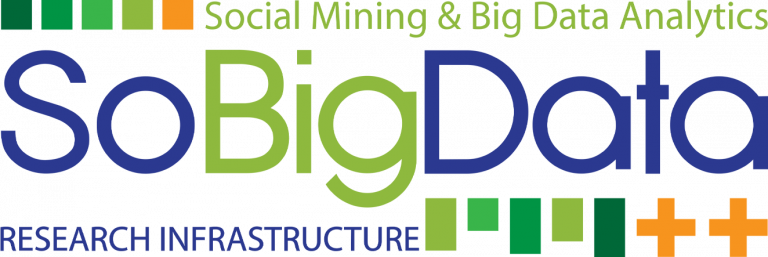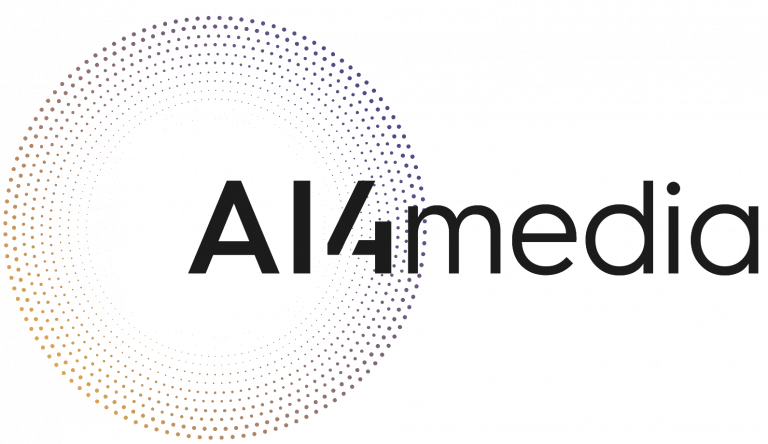LeQua 2024: Learning to Quantify
The aim of LeQua 2024 (the 2nd edition of the “Learning to Quantify” data challenge) is to allow the comparative evaluation of methods (based on supervised learning) for class prior estimation (a.k.a. quantification, or learning to quantify) in unlabelled data, i.e., methods for training predictors of the relative frequencies of the classes in sets of unlabelled datapoints. These predictors (called “quantifiers”) are required to issue predictions for several such sets, some of them affected by “dataset shift” (i.e., showing characteristics radically different from the ones of the training set).
Register your team for participating in LeQua 2024 by filling this form. You may decide to participate in all four LeQua 2024 tasks or only in the ones you are most interested in. Please fill one form per team. There may be more than one team per institution, but a person can be a member of one LeQua 2024 team only.
News!
- Submission deadline extended to June 15!
- New unofficial installation of Codalab for validation purposes, the participation is not mandatory.
- 1st May 2024: The platform for submissions is accessible via CodaLab
- 1st May 2024: The test samples are accessible via Zenodo
- 15th Feb 2024: The dataset (training and development sets) is now public and accessible via Zenodo
- 15th Feb 2024: The format checker and evaluation script, along with other useful functions and further guidelines, are public and accessible via GitHub.
- 15th Feb 2024: The Google discussion group has been created! If you plan to participate (and we very much hope so), visit https://groups.google.com/g/lequa2024 and request to become a member now!
- 18 Jan 2024: Registrations are open! (until 31 May 2024)
Acknowledgments
LeQua 2024 is supported
- by the SoBigData++ project, funded by the European Commission (Grant 871042) under the H2020 Programme INFRAIA-2019-1;
- by the AI4Media project, funded by the European Commission (Grant 951911) under the H2020 Programme ICT-48-2020;
- by the FAIR and QuaDaSh projects, funded by the European Commission under the NextGenerationEU funding scheme. The organizers’ opinions do not necessarily reflect those of the European Commission.



